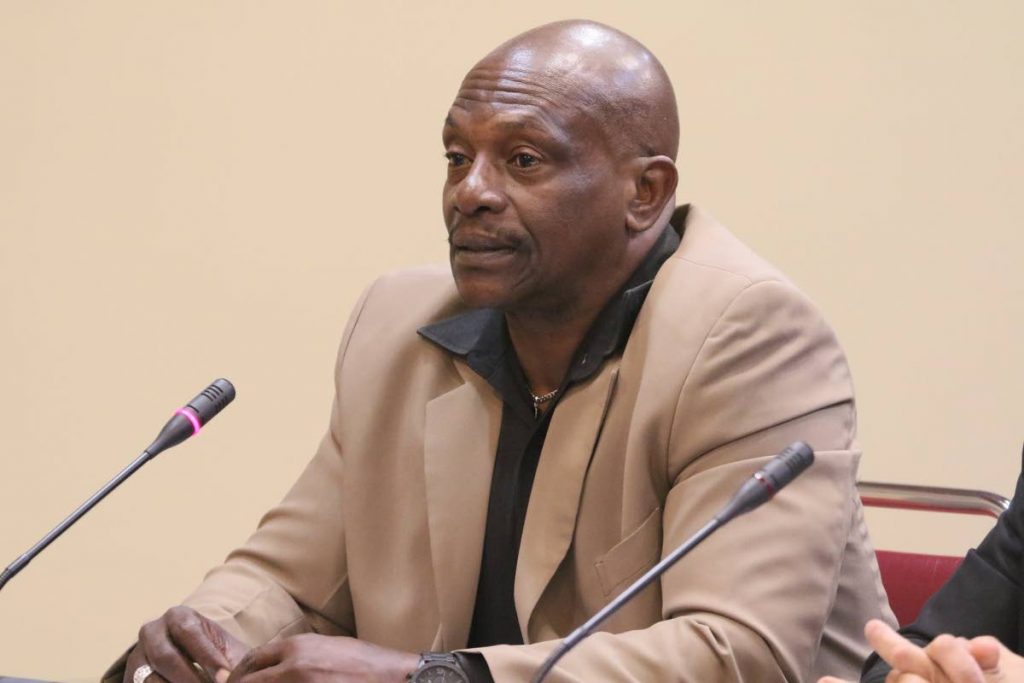Restart prison drug treatment centre

EYE on Dependency radio programme host Garth St Clair has called for a drug treatment centre in the prisons to be restarted.
He was speaking on Wednesday as the Joint Select Committee (JSC) on Social Services and Public Administration met with officials of the Prison Officers Association, the Way of Holiness church, New Hope Prison Ministry and two reformed ex-offenders.
St Clair, himself a former inmate, said a drug treatment centre was in operation but there was "nothing carved in stone."
He said under the last administration there were some issues with the centre.
"And instead of examining the issues and sorting it out, they threw out the baby with the bathwater and shut it down. If I had the benefit of a rehab facility, then among so many of my colleagues things would have turned out differently."
He explained, with the centre the offender is allowed to go through the system and once they graduate successfully they will have a clean record and do not have to apply for a presidential pardon.
Prison Officers Association president Ceron Richards said the recidivism rate was 50-56 per cent and the majority were drug offenders. Mental-health units and drug rehabilitation centres in other countries are to treat with people with those deficiencies, he said. He stressed prison officers are not trained to deal with drug users.
"In a best-case scenario, one of the key features would be the establishment of drug treatment centres or a mental-health unit."
He said the integration of offenders had to be looked at from the earliest point up to the point where they re-enter society.
He pointed out that in countries like Denmark and Holland, where prisons were being closed because of low recidivism rates, there was strategic sentencing. He explained that with this system, at the court level, there will be an assessment of their criminogenic needs (looking at the circumstances that caused them to commit their crimes) and reports given to the court by social workers, legal practitioners and other professionals, and this will help the court provide the type of sentence necessary to treat with the inmate's need.
He said while there are facets of this holistic process in the TT system, it needed to be in put in place in a more systematic manner.
He stressed that more than 90 per cent of inmates will end up back in society and with the shortcomings in the reintegration process, there should be opportunities available through training or a "soft landing" such as halfway houses.
Former prison welfare officer Alloyee Youksee said in the last few years a system has been implemented in which, when inmates enter the prison, they are assessed for their length of service case-management inventory. He explained this assesses the deficiencies of these inmates, whether educational, family issues or other issues, and looks at the risk factors involved that they may pose to the community. From that assessment an intervention programme is developed.
He said that in TT sentencing was largely retributive, with fines and imprisonment, but strategic sentencing was "therapeutic jurisprudence" and could keep a young offender from being contaminated by the prison system or recognise that someone charged for larceny is a substance abuser who requires help.

Comments
"Restart prison drug treatment centre"